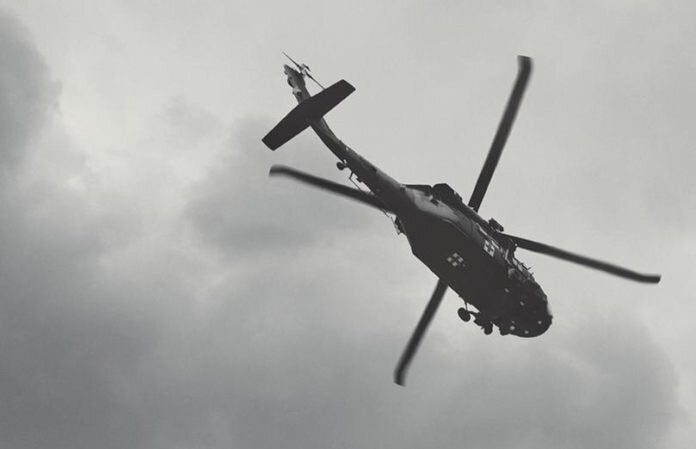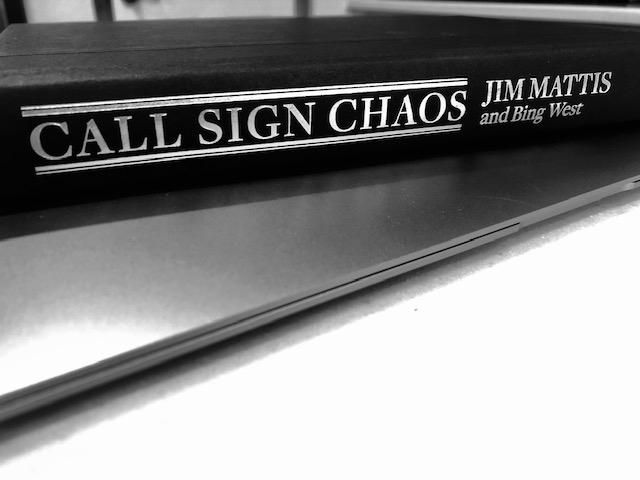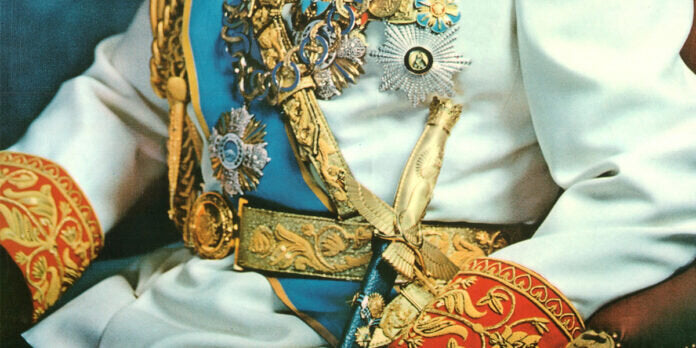
Book Review: The War Makes Everyone Lonely
Many in our (relatively) small veteran community may be wondering at the sudden upsurge of poetry in our midst. Great names familiar to us tour the country reading their works, names like David Rose, Leo Jenkins, and Justin Eggen. Compilations of other veterans have appeared, along with a new movie about the subject.This is not a “sudden” interest in warrior poetry. The verse and rhyme genre of expression has been a common one for those in the profession of arms since the first sword was laid down next to the first piece of paper. Many of our brothers are simply continuing in the traditions of Beowulf, the Bhagavad Gita, the Iliad, or “The Charge of the Light Brigade.”Poetry is a concentrated use of words, packing as much meaning into as short space as possible. It is the whiskey of the written word, and it is deeply and deservedly drunk by those bearing scars from bombs, bullets, and burning brass. Each verse is a brushstroke in the arts of war, each word a carefully chosen pigment for precise meaning.The backgrounds of these poets are diverse and fascinating, from Recon Marines to Ranger medics, and everything in between. When I was sent a book of verse written by a Special Forces medic who is a PhD candidate, I was intrigued. Graham Barnhart’s book, The War Makes Everyone Lonely, is a compilation of his poems, many of which have previously appeared in 15 other publications. In addition to wearing a green beanie in a couple of combat zones, Barnhart recently finished a Wallace Stegner Poetry Fellowship at Stanford University. If you’re like me and had no idea what that means, it is not enough to say that it’s a big deal. Barnhart was paid to write and teach at Stanford University for two years, and that alone should give a reader reason to be impressed at the man’s abilities.The War Makes Everyone Lonely may fall neatly into the category of veteran/war poetry, but I enjoyed it more than usual. His aptitude for imagery was impressive. When he describes an event or a place, the words come alive. I remember feeling that I could hear the gunfire he described in “Belated Letter to My Grandmother.” I could feel the burning brass in “What’s It Like,” or the searing blisters in “Downed Pilot.” Any veteran who has ever set boots into the woods can relate to the poem, “How to Stay Awake on a Training Exercise,” and more than a few of us can feel the pain described in “Telling You I Will Deploy Again.”His poetry does not rhyme, and there are no sonnet verse structures. His style is a free verse weaving of words, and it marries well with the chaotic subject matter. In many of the poems, he looks at an event through two lenses; one at war, the other back home, and often at the same time. He contrasts the two viewpoints, as if to say, “If this were to happen over there, my reaction would have been this, but it’s happening here in America, and therefore my reaction is this.”The subjects of Barnhart’s poems are things like Tinder pictures, Special Forces Selection and Assessment, medic training, strange third-world events, weapons training, and the differences between a peaceful man going to the gym vs. a warrior training his body to survive combat. He writes about SERE school (and not that online version we’re all forced to take), stopping bleeding with hemostatic agents, and the ludicrous nature of an Army commercial. They are often complicated subjects made accessible to the average reader, or simple ideas expanded into deeper meanings.I always read books with a pen in hand, ready to underline powerful phrases and dog-ear fascinating pages. I straight-up mutilate pages with my ink. I found myself doing that to every page of Barnhart’s book, doing a poetry reader’s version of, “Oooh, that was neat!” Ever sat next to that retard in class who furiously highlights entire pages in a book? Yep. [points thumbs at chest] This guy.My version of this book was eighty-four pages, an easy, inexpensive read (. As you navigate your way through veteran poetry (or any other literature), this book is well worth obtaining. I will end with one of my favorite lines, a quote from the poem, “Days of Spring, 2016.”
“And that was how morning found you,
sometimes a cradle, sometimes a scythe,
somehow bright as the nights were silent.”
♠️♠️♠️♠️♠️ one of the best books I’ve ever fucking read.Price: $18.00 University of Chicago PressRelease date: 27 November 2019
Written By Cokie
12/4/19









